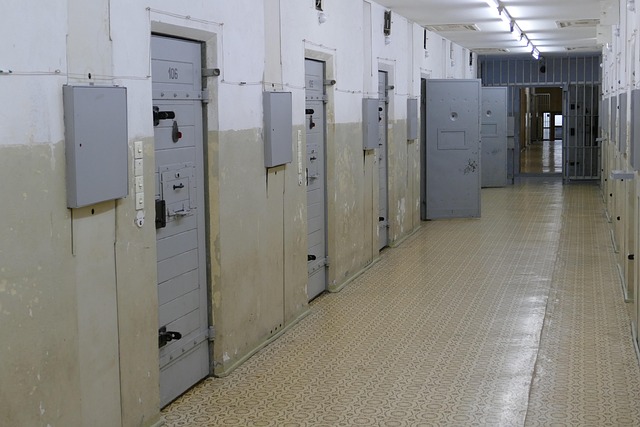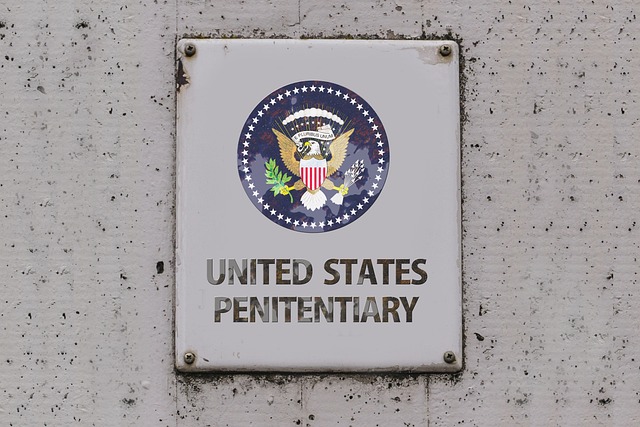Drunk driving (DUI) carries significant legal repercussions globally, especially for immigrants, as it can impact visa applications and immigration status. As countries adopt tech solutions like breathalyzer tests and surveillance systems to combat impaired driving, understanding international DUI laws is crucial. A DUI conviction may lead to visa denials or revocations, with authorities prioritizing public safety over tech fixes. Individuals facing charges should seek legal advice promptly. Tech solutions for impaired driving, leveraging AI, sensor fusion, and data analytics, transform road safety and reduce incidents. Legal redemption post-DUI arrest involves wearable devices, apps, virtual court, counseling, and online courses that streamline processes, enhance accountability, and improve immigration outcomes by reducing recidivism. In the digital era, tech solutions facilitate safer travel planning, promoting designated drivers and compliance with visa requirements for those concerned about their immigration status.
“Uncovering the immigration ramifications of Driving Under the Influence (DUI) and exploring the global impact on visa applications, this article delves into a critical intersection of law and travel. From immediate visa denials to the emergence of tech solutions for impaired driving prevention, we navigate the complexities. Learn how legal redemption is possible after an arrest and discover digital tools reshaping responsible mobility. Understanding these implications is key to securing international travel in today’s world.”
- Understanding DUI Laws and Their Global Impact
- Visa Denial: The Immediate Consequences of DUI
- Tech Innovations in Impaired Driving Prevention
- Navigating Legal Redemption After a DUI Arrest
- Future-Proofing Travel: Digital Tools for Responsible Mobility
Understanding DUI Laws and Their Global Impact

Drunk driving, or driving under the influence (DUI), is a global issue with severe legal implications, especially for immigrants. Each country has its own set of strict DUI laws, which can significantly impact visa applications and immigration status. Understanding these laws and their international reach is crucial for anyone navigating the complexities of immigration. Tech solutions for impaired driving are gaining traction worldwide as countries invest in advanced technologies to combat this issue.
From breathalyzer tests to sophisticated surveillance systems, these innovations aim to deter drunk driving and enhance road safety. However, immigrants must also be aware that a DUI conviction in one country can have repercussions when applying for visas or residency permits in another. This global impact highlights the need for individuals to make informed decisions and seek legal advice when facing DUI charges, particularly if they have immigration aspirations.
Visa Denial: The Immediate Consequences of DUI

A DUI (Driving Under the Influence) conviction can have severe immediate consequences, especially for individuals with visas. When it comes to visa denial, Tech Solutions for Impaired Driving might offer some relief, but it’s not a guaranteed fix. Immigration authorities view DUIs as serious offenses, often leading to visa rejections or revocations. This is particularly true for non-residents who may face restrictions on their ability to re-enter the country or obtain future visas.
The impact can be even more profound if the DUI incident involves property damage, injuries, or worse. Immigration officials consider public safety a top priority, and a conviction for impaired driving can signal a lack of responsible decision-making, potentially damaging visa applications and future immigration prospects. Therefore, individuals facing such charges should seek legal advice promptly to explore their options and understand the potential long-term effects on their immigration status.
Tech Innovations in Impaired Driving Prevention

In the ever-evolving landscape of impaired driving prevention, tech innovations are playing a pivotal role in making roads safer. From advanced driver-assistance systems (ADAS) to sophisticated breath analysis devices, technology is offering cutting-edge solutions for combating drunk and impaired driving. These tech solutions for impaired driving leverage artificial intelligence, sensor fusion, and data analytics to detect and prevent potential incidents before they occur.
For instance, modern vehicle sensors can identify unusual driving patterns indicative of impairment, triggering an alert that may help avert catastrophic accidents. Additionally, portable and handheld breath analyzers are becoming more accessible, providing quick and accurate tests at various checkpoints or during traffic stops. These technological advancements not only support law enforcement efforts but also raise public awareness about the dangers of impaired driving, ultimately contributing to a significant reduction in DUI-related incidents and their immigration consequences.
Navigating Legal Redemption After a DUI Arrest

Navigating legal redemption after a DUI arrest can be a complex and daunting process, but with the right tech solutions for impaired driving, individuals can find a path forward. Many countries are adopting innovative approaches to address drunk driving, offering options like electronic monitoring devices, mobile apps that track sobriety, and virtual court appearances to streamline the justice system. These technological advancements not only enhance accountability but also provide support systems tailored to an individual’s needs.
For example, some programs use wearable devices to monitor behavior and alcohol consumption, alerting authorities if potential violations occur. Additionally, virtual counseling sessions and online educational courses can help offenders understand the impact of their actions while offering tools for rehabilitation. Embracing these tech solutions for impaired driving not only reduces recidivism rates but also allows for more efficient immigration processes, as individuals with clean records are less likely to face severe immigration consequences following a DUI arrest.
Future-Proofing Travel: Digital Tools for Responsible Mobility

In today’s digital age, there are numerous tech solutions for impaired driving that offer a promising path forward for those facing immigration consequences due to DUI. These innovative tools empower individuals to navigate their travel plans responsibly and future-proof their mobility. From advanced breathalyzer apps that monitor alcohol consumption to GPS tracking devices promoting designated driver networks, these digital solutions cater to a wide range of needs.
By leveraging technology, individuals can ensure they comply with visa requirements and avoid potential immigration issues stemming from impaired driving. These tech-driven approaches not only facilitate safer travel but also foster a sense of accountability among users. With a focus on responsible mobility, these tools are transforming the way we approach drunk driving, making it easier for folks to plan trips without compromising their immigration status or facing harsh penalties.
In conclusion, understanding the immigration consequences of DUI is paramount, especially in our interconnected world where travel freedom is a precious right. From navigating visa denial to leveraging tech solutions for impaired driving, such as innovative digital tools and prevention methods, individuals can better prepare for responsible mobility. After a DUI arrest, legal redemption is achievable through informed strategies. By embracing technology and staying informed about global laws, travelers can ensure their journeys remain unencumbered by past mistakes.






